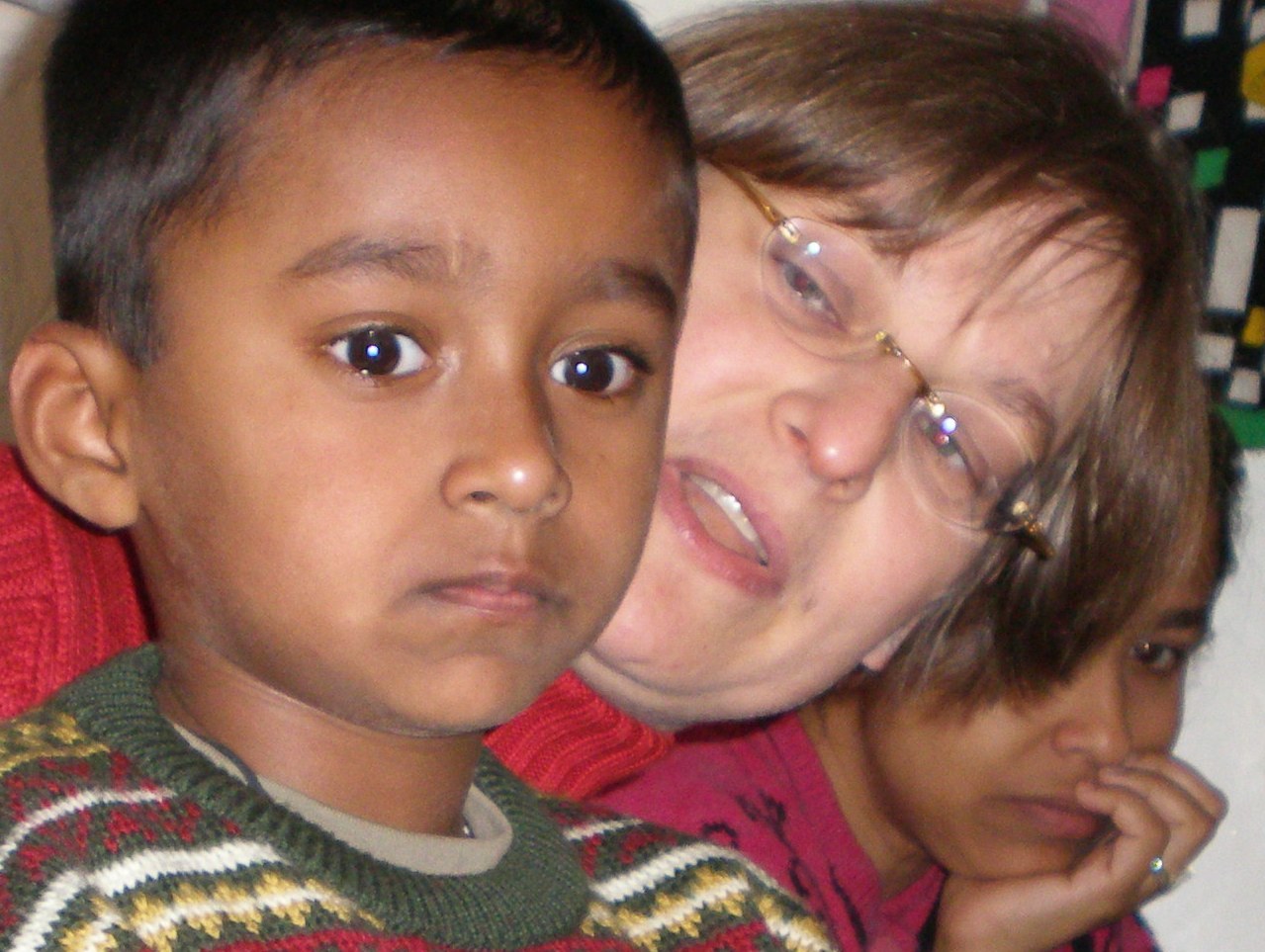
MindBuilders online library
consists of a growing series of resources in countless chapters that will help you to understand children with autistic or autistic-like behaviors in a relationship-oriented way and to support them sensitively in their personal development.
Our starting point is a positive non-judgmental humane attitude with a focus on feelings:
- What is the child 'telling' us with their behaviors and how can we understand and respond appropriately?
- What feelings does this trigger in us as caregivers and how can we manage our own (difficult) feelings well?
- What does the child need from us as caregivers in order to develop its potential as well as possible?
The foundations for healthy development
- Are you and your child still struggling with the basics of life like eating, sleeping and toilet-training?
- Does your child not talk and play like other children the same age?
- Do you feel like you've tried everything, e.g. reading books, searching the internet, online chat groups... But nothing has really worked? You feel stuck and desperate. Is it something that can't be changed? Or is there still hope?
Yes, there is hope. There is always something you can do. But the key point is not to do as much as you can, but to do the right thing - the right thing for you, the right thing for your particular child and the right thing for your own family. You'll find lots of people on the internet talking about their own child. But not about YOUR specific child. Or they discuss or repeat generalized advice that you already know and that hasn't worked for you.
MindBuilders online library is for you if you
- have a special child who won't play or talk, who won't eat or sleep or use the toilet
- want to understand and respond to autistic and autistic-like behaviors in a relational way
- have already tried all sorts of things, but nothing has really worked and you desperately want to know what your child needs and what you can do yourself at home

The basics of growing up
You have a special child who won't play or talk, eat or sleep, or use the toilet? These courses will help you, to lay the foundations for your child's abilities to communicate, play and learn to talk, eat, sleep, go to the toilet and develop their whole personality as a human being.

Ways to understand Autism
Are you looking to better understand a child with autistic-like behaviors or an autism diagnosis? In these courses we learn to see autistic states of mind and behaviors from a holistic developmental perspective and to treat them sensitively in order to support the child in his or her whole personality development.
![]() "I wish I had contacted you when Ossie was younger!"
"I wish I had contacted you when Ossie was younger!"
Ossie was already 14 when I met him. He didn't speak and still wore diapers. He carried his comforter around like a little boy and his mother insisted he still needed his pacifier. He was still struggling with the basics of life, and eating and sleeping were big problems. He didn't know how to play or keep himself busy, and spent most of his time on his iPhone watching the same videos over and over. He would scream and hit his head with his hand if he didn't get an ice lolly or the iPhone right away. No wonder he was overweight.
His devoted parents were distraught. They thought they were doing floortime with him, but without supportive 1:1 coaching, they had confused "following the child" with spoiling Ossie and letting him get away with whatever he wanted without realistic expectations. They were disappointed that kindergarten and school had failed to teach him to talk and play, to eat and use the toilet. 'You are our last tryl,' his father told me on our first visit home.
We made good progress in understanding Ossie's behavior as nonverbal communication and responding accordingly, including weaning him off the pacifier and comforter. He was interested for the first time in exploring the simple play materials and engaging in the developmental activities I showed them.
But it was too late. His mother cried when she realized how much development time had been lost, even though she had always tried to do her best: "I wish I had turned to you when Ossie was younger! If we had done then what you are showing us now, we would all be in a different place now." But she was exhausted and couldn't take his screaming and head banging anymore, although I showed her that he wasn't really hurting himself despite the loud banging noise. The social worker was concerned about how the constant yelling was affecting his younger sister's schoolwork and the mental health of all family members, and arranged for Ossie to be gradually introduced to a local group home. His mother initially resisted, but Ossie liked it, and several years later he is now happily placed there.
Ossie parents (14 years old) - non-verbal with autism diagnosis

